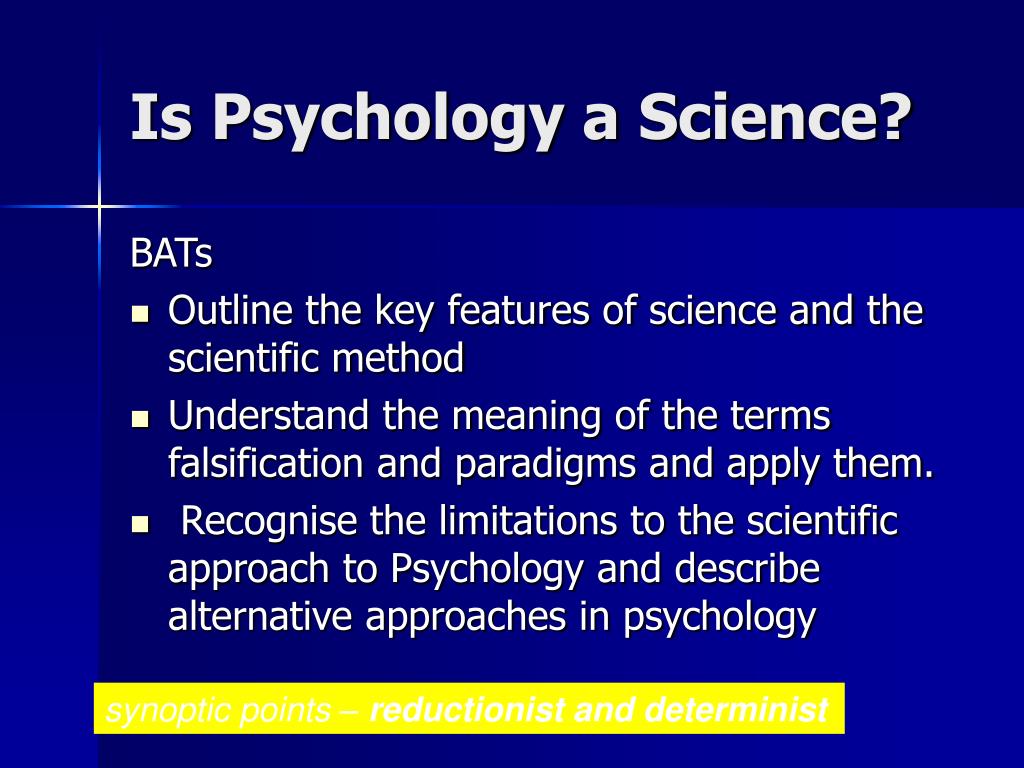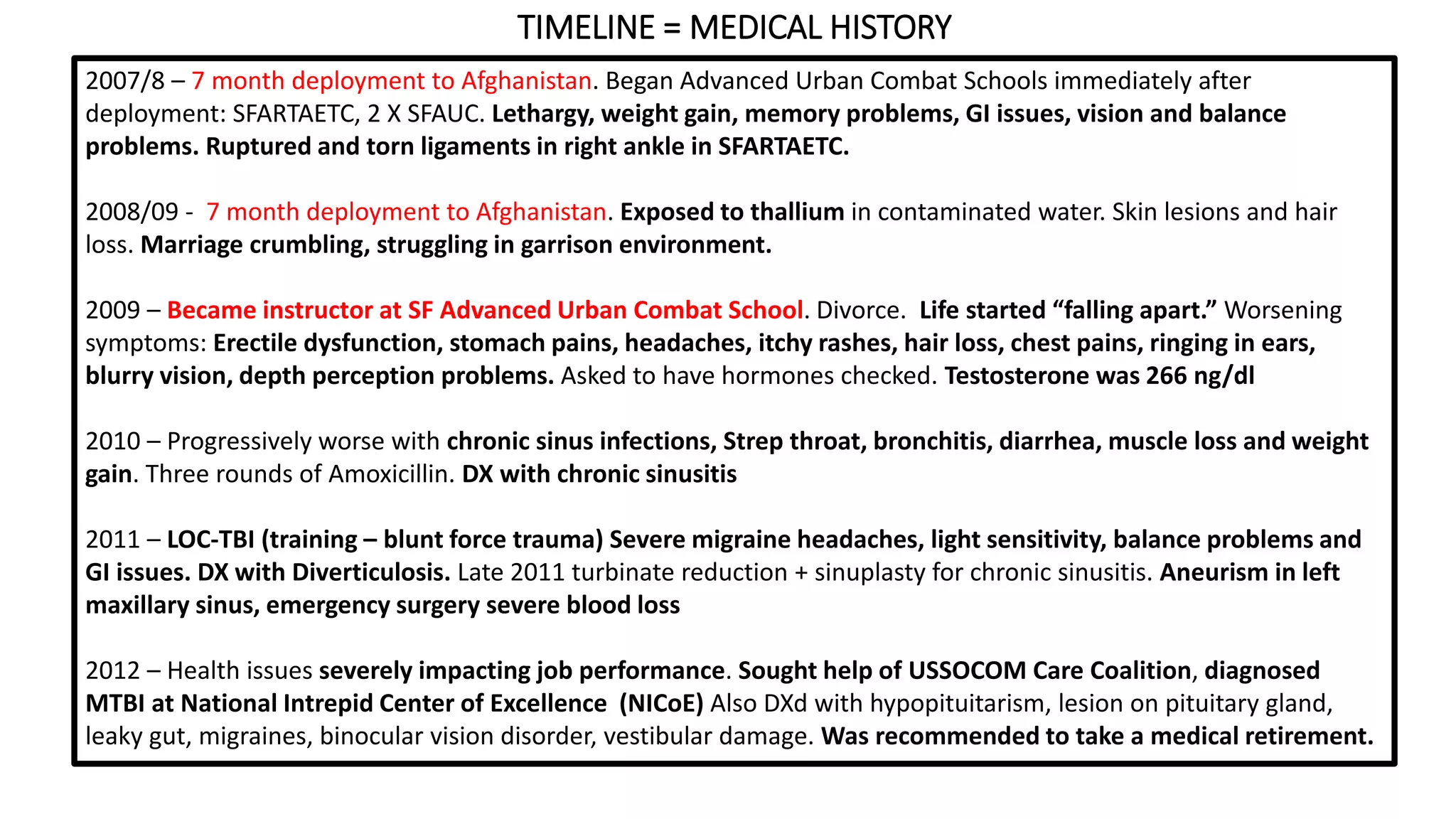Finding Your Career Path: A Guide for the Undecided
Find your career path when you feel lost
Career uncertainty affect almost everyone at some point. Whether your fair start out or consider a midlife change, not know which professional path to take can feel overwhelming. The good news? This uncertainty is both normal and surmountable.
Many successful professionals formerly stand incisively where you’re nowadays. The path advancing isn’t about find perfect answers instantly — it’s about take small, meaningful steps toward clarity.
Why career indecision happen
Before diving into solutions, it helps to understand why you might feel stuck:
- Excessively many options in today’s job market
- Fear of make the wrong choice
- Pressure from family or society
- Conflicting interests and values
- Lack of self awareness about strengths and preferences
- Economic concerns and practical constraints
Recognize these factors doesn’t forthwith solve your dilemma, but it normalizes your experience and provide context for move advancing.
Start with self discovery
Assess your values
Your core values serve as an internal compass for career decisions. Ask yourself:
- Do you value creativity, security, independence, or collaboration?
- Is work-life balance essential, or are you willing to prioritize career advancement?
- Does make a social impact matter to you?
- How important is financial reward versus personal fulfillment?
Write down your top five values and use them as filters when explore potential paths.
Identify your strengths
We frequently perform advantageously and find most satisfaction in areas where we have natural talent. Consider:
- What tasks do you excel at with minimal effort?
- What have others systematically complimented you on?
- When do you experience” flow ” tates where time pass unnoticed?
Formal assessments like strengths finder,Myers-Briggss, or the via character strengths survey can provide additional insights.
Explore your interests
Interests frequently point toward sustainable career satisfaction. Reflect on:
- What topics do you read most voluntarily?
- Which activities would you do evening if unpaid?
- What were you course draw to as a child?
- What problems do you enjoy solve?
The intersection of your interests, strengths, and values frequently reveal promise career directions.
Practical steps to find your path
Experiment through experience
Theory simply takes you therefore far — real world experience provide the clearest insights.
Job shadowing and informational interviews
Connect with professionals in fields that interest you. Most people are willing to share their experiences over coffee or a video call. Prepare thoughtful questions like:

Source: youdecode.com
- What does your typical day look like?
- What aspects of your work do you find about and least satisfy?
- How did you know this field was right for you?
- What skills are virtually valuable in your industry?
These conversations oftentimes reveal the realities behind job titles and help you envision yourself in different roles.
Volunteer work and side projects
Low commitment opportunities let you test drive potential interests:
- Volunteer for organizations align with causes you care about
- Take on relevant projects at your current workplace
- Create independent projects that develop target skills
- Join committees or boards for exposure to different functions
These experiences build both clarity and resume worthy skills simultaneously.
Short term work and internships
Consider temporary roles that offer hands-on experience:
- Contract positions in fields of interest
- Internships (progressively available for career changers, not equitable students )
- Freelance projects to test entrepreneurial interests
- Part-time work in adjacent fields
These opportunities provide income while you explore, without require long term commitment.
Structured exploration
Career counseling
Professional guidance can accelerate your process. Career counselors offer:
- Objective assessment of your skills and interests
- Knowledge of career paths you might not have considered
- Structured processes for decision make
- Accountability and support through transitions
Many colleges offer alumni career services, and community organizations sometimes provide free or sliding scale counseling.
Skills base analysis
Identify transferable skills from your background and match them to potential careers:
- Communication and interpersonal abilities
- Analytical and problem solve capabilities
- Technical or specialized knowledge
- Leadership and management experience
- Creative thinking and innovation
Tools like o*net online can help match your skill profile to compatible occupations.

Source: medium.com
Educational exploration
Learning environments offer structured ways to explore interests:
- Take individual courses in subjects that intrigue you
- Enroll in certificate programs to test commitment before pursue degrees
- Attend workshops and seminars in various fields
- Complete online courses through platforms like Coursera or EDX
Educational exploration provide knowledge and connect you with others in potential fields.
Overcome common obstacles
Analysis paralysis
When excessively many options leave you frozen:
- Set time limits for research phases
- Adopt a” good enough ” indset alternatively of seek perfect choices
- Remember that career decisions aren’t permanent — they’re experiments
- Focus on the next logical step sooner than your entire future
Action create clarity more efficaciously than endless contemplation.
Financial constraints
Practical concerns about income during transitions:
- Create a financial runway through savings before major changes
- Explore fields adjacent to your current work for smoother transitions
- Consider part-time exploration while maintain your primary income
- Research scholarships, grants, or employer tuition assistance for education
Financial planning make career exploration more sustainable and less stressful.
Fear of failure
When worry about make the wrong choice hold you backward:
- Reframe” failure ” s valuable data about what doesn’t work for you
- Set learn goals instead than performance goals for new experiences
- Start with low risk experiments before make major commitments
- Create contingency plans to address worst case scenarios
Every successful person has navigated uncertainty and setbacks on their path.
Create your career development plan
Short term actions (1 3 months )
- Complete 2 3 self assessment tools and reflect on patterns
- Conduct 5 7 informational interviews in fields of interest
- Create a list of transferable skills from your background
- Research typical career paths in 3 5 industries that align with your profile
- Join professional organizations or online communities in potential fields
Medium term goals (3 12 months )
- Gain hands-on experience through volunteering, projects, or part-time work
- Develop key skills through target learn opportunities
- Build relationships with mentors or peers in fields of interest
- Test specific roles through job shadowing or temporary positions
- Narrow your focus to 1 2 primary directions base on experience
Long term vision (1 3 years )
- Commit to education or training if you require for your choose direction
- Create stepping stone goals that build toward your target role
- Develop expertise through progressive responsibility
- Build your professional brand in your choose field
- Establish metrics to evaluate satisfaction and success
Revisit and adjust your plan regularly as you gather new information and insights.
Find meaning beyond traditional career paths
Sometimes the conventional approach to careers doesn’t resonate. Consider alternative frameworks:
Portfolio careers
Alternatively of a single job, create a collection of part-time roles, freelance work, or entrepreneurial ventures that jointly provide income and fulfillment. This approach offer:
- Variety and flexibility
- Multiple income streams
- Opportunity to engage diverse interests and skills
- Adaptability to change market conditions
Value base work
Focus on how your work create mean kinda than specific job titles:
- Help others through direct service
- Create beauty or functional solutions
- Solve important problems
- Build community and connection
- Advance knowledge or innovation
Identify your core contribution can help you find satisfaction across multiple fields.
Lifestyle design
Some prioritize how they want to live and find work that accommodate those priorities:
- Geographic flexibility or location independence
- Time freedom and control over schedule
- Integration of personal passions with income generation
- Balance between work intensity and personal pursuits
This approach put life satisfaction beginning and shape career choices consequently.
The journey is the destination
Find your career path is seldom a single decision point but kinda an ongoing process of growth and discovery. The virtually fulfilling careers oftentimes emerge through:
- Continuous learning and adaptation
- Willingness to pivot base on new information
- Build on strengths while stretch into new areas
- Connect ostensibly unrelated experiences into a unique professional story
Your career journey reflects your evolve identity and contribute to your personal growth.
Final thoughts: trust the process
When you don’t know what to do with your career, the about important step is but to begin. Start with small actions, gather information through experience, and remain open to unexpected possibilities.
Remember that uncertainty, while uncomfortable, create space for discovery. Many fulfilling careers couldn’t have been plan from the beginning — they emerge through exploration, reflection, and responsiveness to opportunities.
By take thoughtful action despite uncertainty, you build both clarity about your path and confidence in your ability to navigate change. Your next career chapter awaits — not as a final destination, but as the next meaningful stage in your professional journey.



